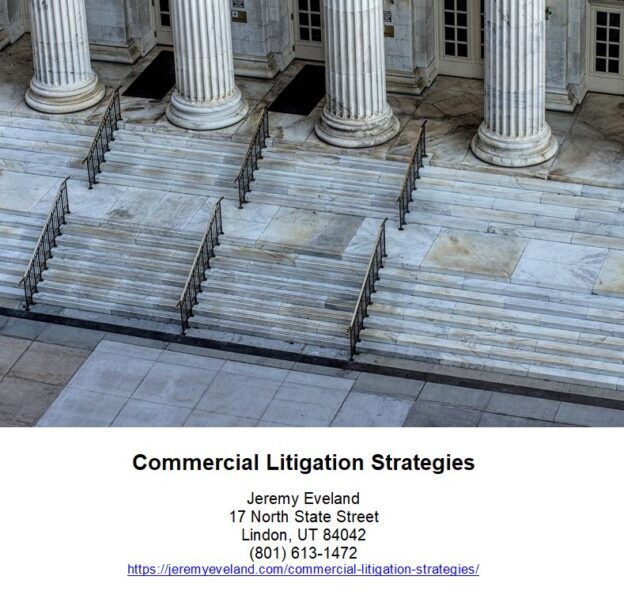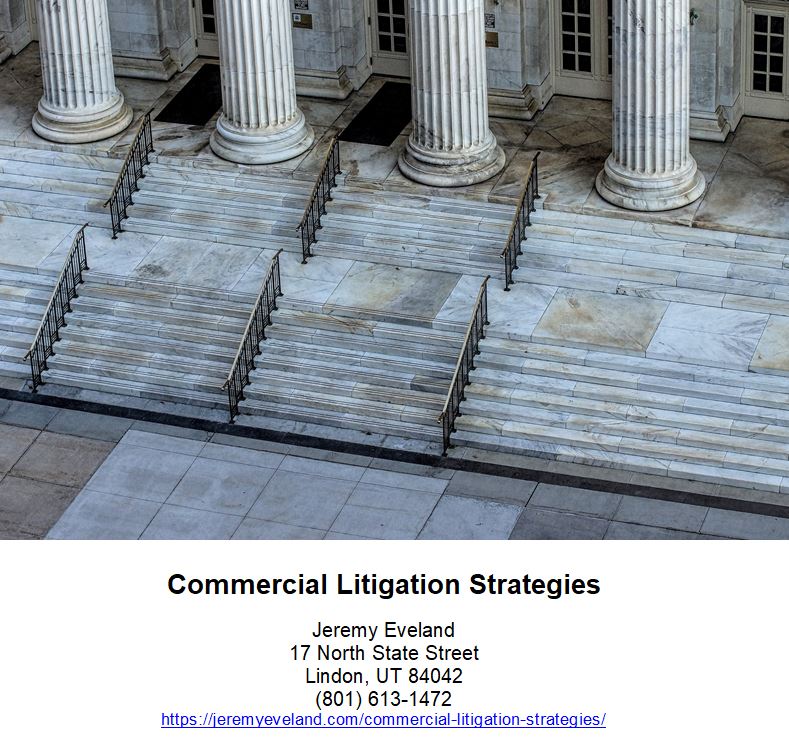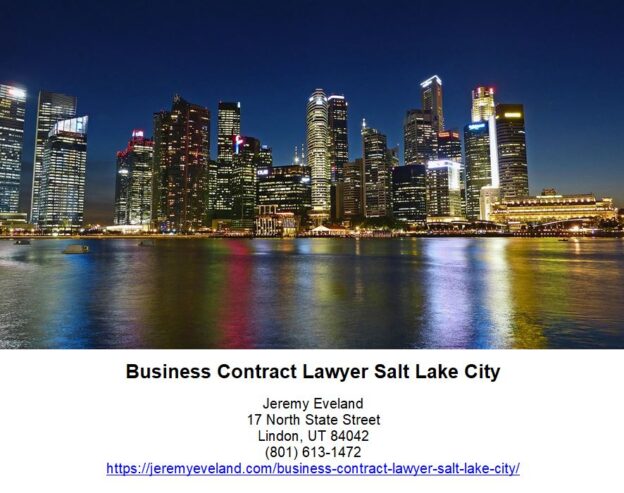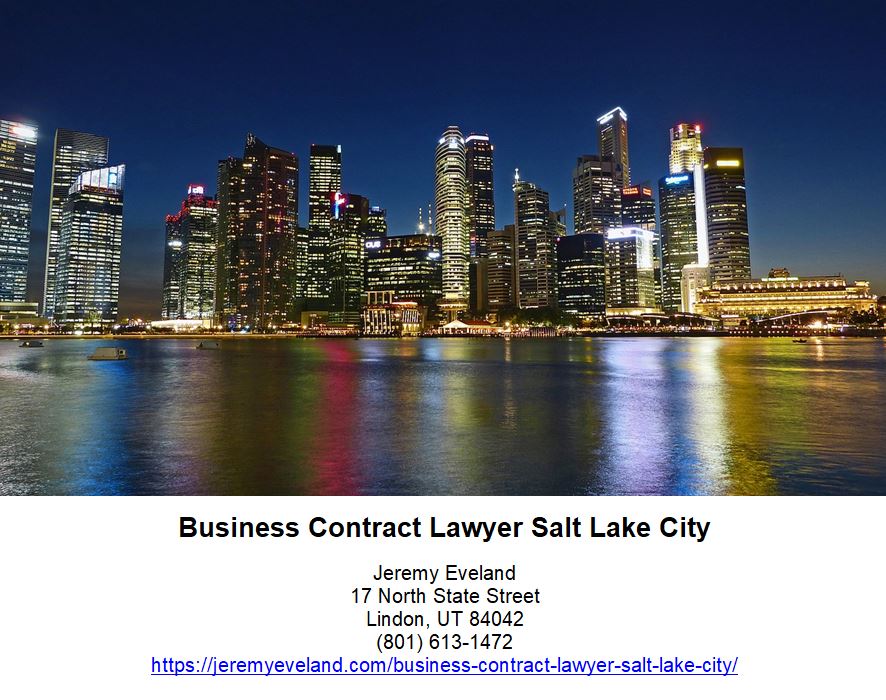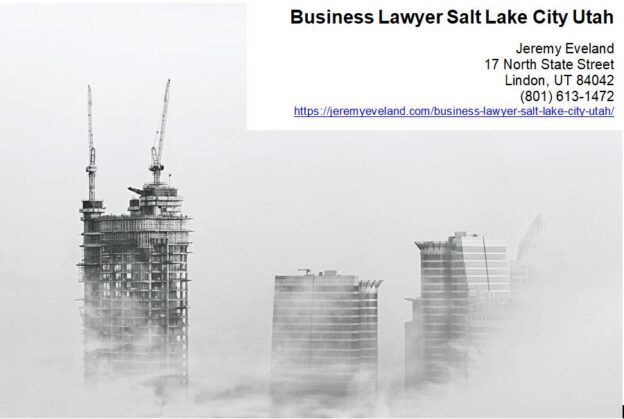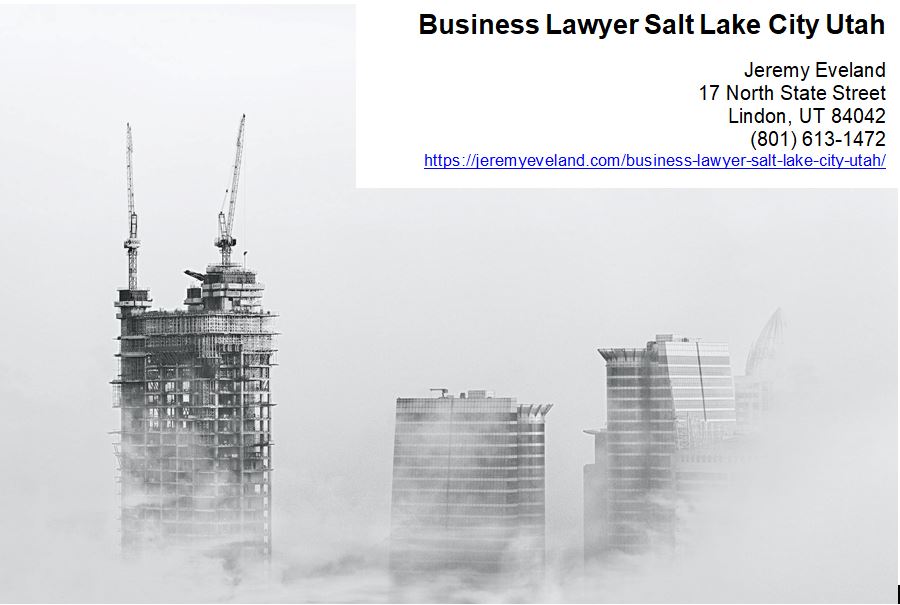-
Attorney at Law
“Protecting Workers and Ensuring Safe Workplaces with OSHA Law”
Introduction
The Occupational Safety and Health Administration (OSHA) is a federal agency that was created to ensure safe and healthful working conditions for workers in the United States. OSHA sets and enforces standards for workplace safety and health, and provides training, outreach, education, and assistance to employers and workers. OSHA also provides information and guidance to employers and workers on how to comply with the law. OSHA’s mission is to ensure that all workers in the United States are safe and healthy.
Understanding OSHA’s Recordkeeping Requirements
The Occupational Safety and Health Administration (OSHA) requires employers to keep records of workplace injuries and illnesses. These records are used to identify and address potential safety and health hazards in the workplace. It is important for employers to understand their recordkeeping requirements in order to ensure compliance with OSHA regulations.
Under OSHA’s recordkeeping regulations, employers must maintain records of all work-related injuries and illnesses that occur in the workplace. This includes any injury or illness that results in death, lost workdays, restricted work activity, or medical treatment beyond first aid. Employers must also record any work-related injuries or illnesses that are diagnosed by a physician or other licensed healthcare professional.
Employers must maintain records of all work-related injuries and illnesses for at least five years. These records must include the date of the incident, the employee’s name, the type of injury or illness, and the body part affected. Employers must also document any medical treatment provided, any lost workdays, and any restrictions on work activity.
In addition to maintaining records of workplace injuries and illnesses, employers must also post an OSHA Form 300A in a visible location in the workplace. This form summarizes the total number of work-related injuries and illnesses that occurred in the workplace during the previous year.
It is important for employers to understand and comply with OSHA’s recordkeeping requirements. Failure to do so can result in significant fines and penalties. Employers should consult with an experienced safety and health professional to ensure that they are in compliance with OSHA’s recordkeeping regulations.
How to Develop an Effective OSHA Safety Program
An effective Occupational Safety and Health Administration (OSHA) safety program is essential for any business. It helps to ensure the safety of employees, customers, and visitors, and can help to reduce the risk of accidents and injuries. Here are some tips for developing an effective OSHA safety program:
1. Establish a Safety Committee: Establish a safety committee to oversee the development and implementation of the safety program. The committee should include representatives from all levels of the organization, including management, supervisors, and employees.
2. Develop a Written Safety Program: Develop a written safety program that outlines the safety policies and procedures for the organization. The program should include information on safety training, hazard identification and control, accident investigation, and emergency response.
3. Train Employees: Provide safety training to all employees on the safety program and any other safety-related topics. Training should be provided on a regular basis and should include both classroom instruction and hands-on activities.
4. Monitor Compliance: Monitor compliance with the safety program and take corrective action when necessary. This includes conducting regular safety inspections and audits, and addressing any safety issues that are identified.
5. Investigate Accidents: Investigate all accidents and near-misses to determine the cause and take corrective action to prevent similar incidents from occurring in the future.
6. Review and Update: Review and update the safety program on a regular basis to ensure that it is up-to-date and meets the needs of the organization.
By following these tips, businesses can develop an effective OSHA safety program that will help to ensure the safety of their employees, customers, and visitors.
Common OSHA Violations and How to Avoid Them
OSHA (Occupational Safety and Health Administration) is a federal agency that sets and enforces safety standards in the workplace. Employers must comply with OSHA regulations to ensure the safety of their employees. Failure to do so can result in hefty fines and other penalties. Here are some of the most common OSHA violations and how to avoid them:
1. Lack of Proper Training: Employers must provide employees with adequate safety training and instruction on how to use equipment and handle hazardous materials. To avoid this violation, employers should ensure that all employees receive the necessary safety training and that it is documented.
2. Lack of Proper Safety Equipment: Employers must provide employees with the necessary safety equipment to protect them from potential hazards. To avoid this violation, employers should ensure that all employees have the appropriate safety equipment and that it is in good working condition.
3. Lack of Proper Safety Procedures: Employers must have written safety procedures in place to ensure that employees are following the proper safety protocols. To avoid this violation, employers should ensure that all employees are familiar with the safety procedures and that they are followed.
4. Lack of Proper Maintenance: Employers must ensure that all equipment is properly maintained and that any potential hazards are addressed. To avoid this violation, employers should have a regular maintenance schedule in place and ensure that all equipment is in good working condition.
5. Lack of Proper Housekeeping: Employers must ensure that the workplace is kept clean and free of potential hazards. To avoid this violation, employers should ensure that all areas are kept clean and free of clutter.
By following these tips, employers can ensure that they are in compliance with OSHA regulations and avoid costly fines and penalties.
The Benefits of OSHA Training for Employees
OSHA training is an important part of any workplace safety program. It provides employees with the knowledge and skills they need to stay safe on the job and to recognize and prevent potential hazards. OSHA training also helps employers meet their legal obligations to provide a safe and healthy work environment.
OSHA training helps employees understand the safety and health hazards they may encounter in their workplace. It teaches them how to recognize and avoid potential hazards, how to use safety equipment properly, and how to respond to emergency situations. OSHA training also provides employees with the knowledge they need to comply with OSHA regulations and to understand their rights and responsibilities as workers.
OSHA training also helps employers meet their legal obligations to provide a safe and healthy work environment. By providing employees with the knowledge and skills they need to stay safe on the job, employers can reduce the risk of workplace accidents and injuries. This can help employers save money on workers’ compensation costs and other expenses associated with workplace accidents.
OSHA training also helps employers create a culture of safety in the workplace. By providing employees with the knowledge and skills they need to stay safe on the job, employers can create an environment where safety is a priority. This can help to reduce the number of workplace accidents and injuries, as well as improve employee morale and productivity.
In summary, OSHA training is an important part of any workplace safety program. It provides employees with the knowledge and skills they need to stay safe on the job and to recognize and prevent potential hazards. OSHA training also helps employers meet their legal obligations to provide a safe and healthy work environment. By providing employees with the knowledge and skills they need to stay safe on the job, employers can reduce the risk of workplace accidents and injuries, save money on workers’ compensation costs, and create a culture of safety in the workplace.
Exploring OSHA’s Hazard Communication Standard
The Occupational Safety and Health Administration (OSHA) Hazard Communication Standard (HCS) is a comprehensive set of regulations designed to protect workers from hazardous chemicals in the workplace. The HCS requires employers to provide information to workers about the hazardous chemicals they may be exposed to, including information on the health and safety risks associated with those chemicals.
The HCS requires employers to develop and implement a written hazard communication program that includes labels and other forms of warning, safety data sheets (SDSs), and employee training. Employers must also ensure that all containers of hazardous chemicals are labeled with the appropriate hazard warnings.
Labels must include the product identifier, the name and address of the manufacturer or distributor, the appropriate hazard warnings, and any precautionary measures that should be taken when handling the chemical. Safety data sheets must include information on the physical and health hazards of the chemical, the appropriate protective measures, and emergency and first-aid procedures.
Employers must also provide employees with training on the hazards of the chemicals they may be exposed to, the appropriate protective measures, and the contents of the hazard communication program. This training must be provided at the time of initial employment and whenever a new hazard is introduced into the workplace.
The HCS is an important part of protecting workers from hazardous chemicals in the workplace. By following the requirements of the HCS, employers can ensure that their employees are adequately informed and protected from the potential hazards of hazardous chemicals.
Q&A
1. What is OSHA?
Answer: OSHA stands for the Occupational Safety and Health Administration. It is a federal agency within the U.S. Department of Labor that is responsible for ensuring safe and healthful working conditions for workers by setting and enforcing standards and providing training, outreach, education, and assistance.
2. What is the purpose of OSHA?
Answer: The purpose of OSHA is to ensure safe and healthful working conditions for workers by setting and enforcing standards, providing training, outreach, education, and assistance.
3. What are the penalties for violating OSHA regulations?
Answer: Penalties for violating OSHA regulations can range from a warning letter to a fine of up to $70,000 per violation. In some cases, criminal penalties may also be imposed.
4. What types of businesses are required to comply with OSHA regulations?
Answer: All employers in the United States are required to comply with OSHA regulations, regardless of size or industry.
5. How can employers ensure compliance with OSHA regulations?
Answer: Employers can ensure compliance with OSHA regulations by developing and implementing safety and health programs, providing training to employees, conducting regular safety inspections, and promptly addressing any hazards that are identified.
OSHA Law Consultation
When you need help with OSHA Law call Jeremy D. Eveland, MBA, JD (801) 613-1472 for a consultation.
Jeremy Eveland
17 North State Street
Lindon UT 84042
(801) 613-1472
Related Posts
Business Succession Lawyer Bountiful Utah
Concrete Pumping Business Lawyer






